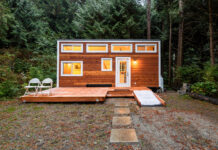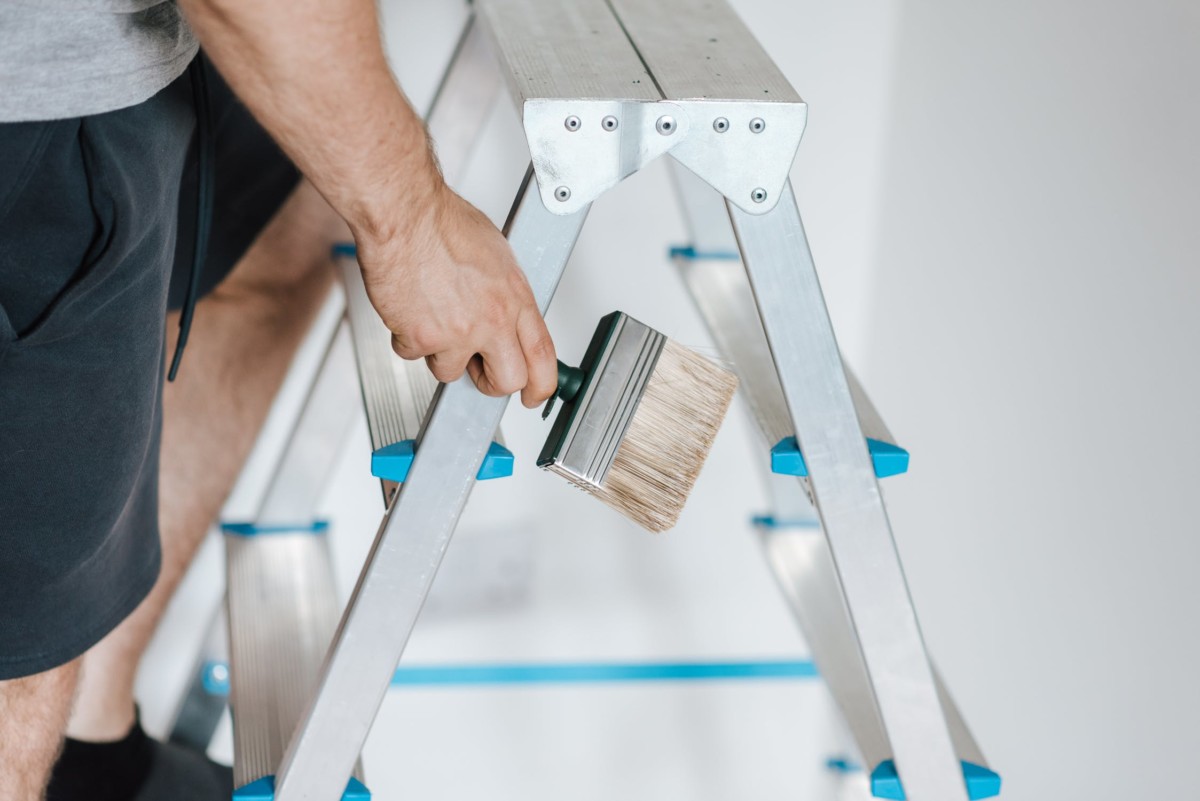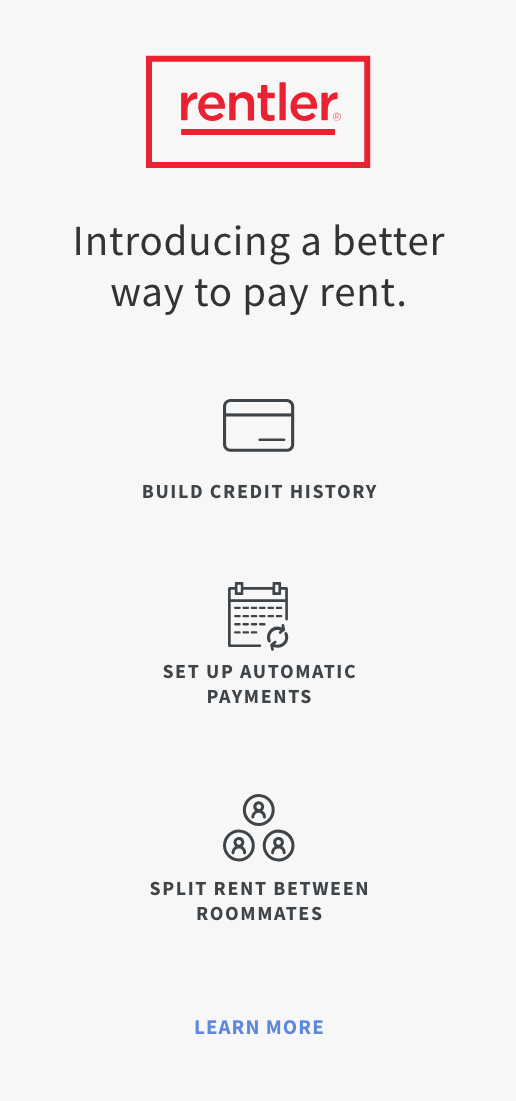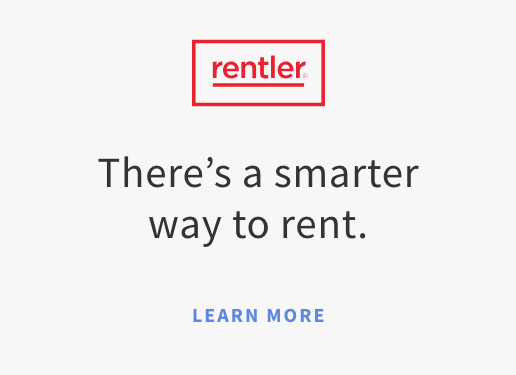One of the great things about renting is that you don’t have to take care of seasonal maintenance and preparation on your own. Your landlord should make sure your property is safe, secure, and ready for changes in the weather.
However, there are things you can (and should) do to prepare your rental on your own, especially during your first winter season. Making a few small changes now will make a big difference when the weather takes a turn.
Not sure where to get started? We’ve got you covered with a few practical preparation ideas to help keep your rental property safe during the winter months, as well as general ideas to prepare for every season.
Keeping Indoors Safe and Warm
Your top priority in preparing for any season should be safety. Creating a “checklist” to go over a few things within your property can ensure you won’t run into any safety issues throughout the season. A checklist can include tasks as simple as replacing the batteries on your smoke alarms and carbon monoxide detectors. In addition, it should also incorporate:
- Making sure the fireplace is working and has been cleaned
- Ensuring the pipes are ready for winter
- Recognizing and repairing any heating appliances that aren’t working
- Talking to your landlord about insulation issues
Winter can also be a time where moisture gets trapped inside the home. If it snows or rains frequently and water damage is an issue, it could cause mold to grow. There are different types of mold, but you can usually tell if it’s growing in your home if you start to notice a musty smell and areas of the floor or walls starting to warp or crack.
Often, you can get rid of mold on your own by simply scrubbing and disinfecting the area. In more serious cases, it may be a maintenance issue to take up with your landlord, especially if you’re worried about your health and safety.
Cleaning Up the Property
Major outdoor projects shouldn’t be left to tenants, but there’s no reason you can’t clean up your home’s exterior and make sure it’s fully prepared for the change in seasons.
Regularly performing a few small yard maintenance tasks can make a big difference in preparing your property, starting with cleaning up the lawn. If your lawn is covered in leaves and other debris from fall, make sure to rake them up and keep the yard clean. Leaves that are left on the grass all winter can smother grass and inhibit healthy growth. Additionally, old leftover leaves can increase the chances of turf damage from moles and voles in the spring.
Once the yard itself is cleaned up, consider cleaning out the gutters as well. If your gutters are full of debris and then have a snowy winter, water that ends up in the gutters will freeze and have nowhere to go. This can cause the gutters to sag or eventually break.
Anything that involves getting up on a ladder is likely better suited for your landlord, so talk to your landlord about who is responsible for specific aspects of yard maintenance for each season, and create a plan together to determine who’s in charge of what.
Properly Storing Your Belongings
It’s not uncommon to have limited space in a rental property. It’s important to learn how to make the most out of every square inch. Being able to creatively and efficiently store seasonal items will maximize the space you have and allow you to live comfortably year-round.
One of the biggest challenges you might face with storage is with seasonal clothing. You might not have room in your closets and drawers for a year-round wardrobe. However, there are a few things you can do to make storing your off-season clothes easier.
The process should always begin with sorting through everything. There will likely be some pieces in your wardrobe that you know you won’t wear anymore. Consider donating or selling these items before you start putting things back away. It’s a great way to declutter, give a second life to your clothes, and create more space for yourself.
Once you do start to store your belongings, keep the following tips in mind:
- Make sure everything is clean before storing it
- Invest in quality bins and boxes that can be neatly hidden away
- Find a storage spot that is clean and dry
- Consider vacuum sealing bulkier items for more space
- Leave out a few pieces, just in case
Whether you’re able to slide some bins under your bed or free up some space in a corner closet, you can tuck your seasonal wardrobe away a few times a year to keep from overloading your personal space.
One of the best things you can do as a renter is determine what you’ll need to handle on your own when it comes to seasonal changes. In many cases, you might be able to take charge of preparations on your own. But, you don’t want to do anything that could go against your lease agreement. Talk to your landlord before the weather starts to change so you know exactly what’s expected of you, and what you can expect from them, in return.








